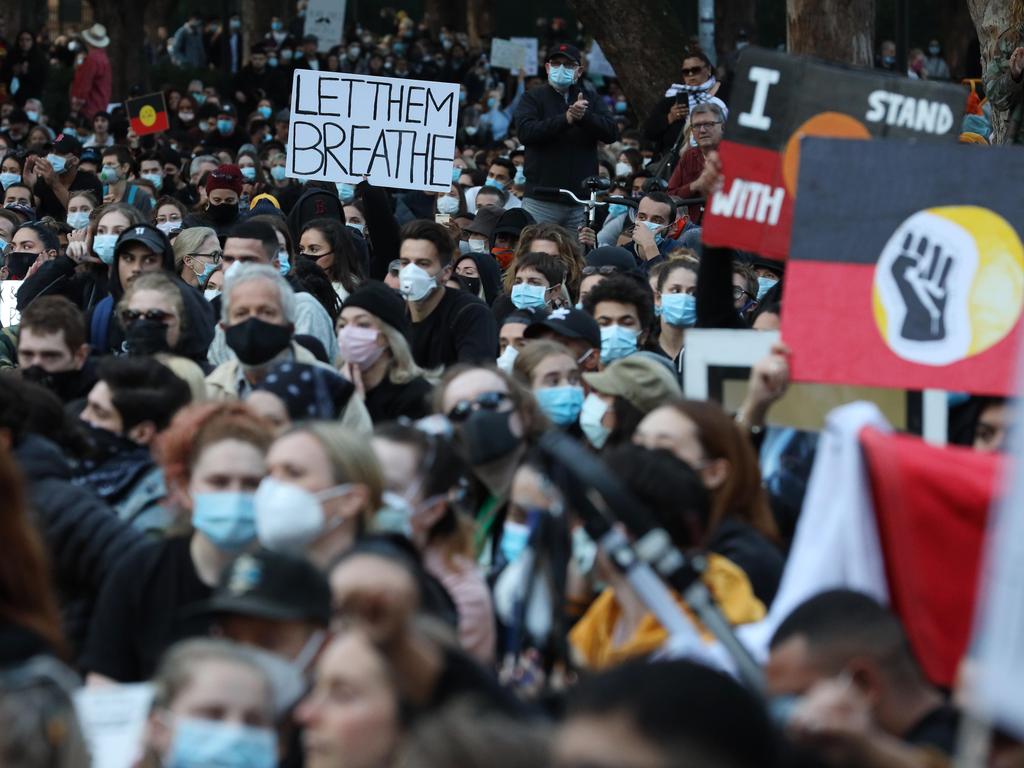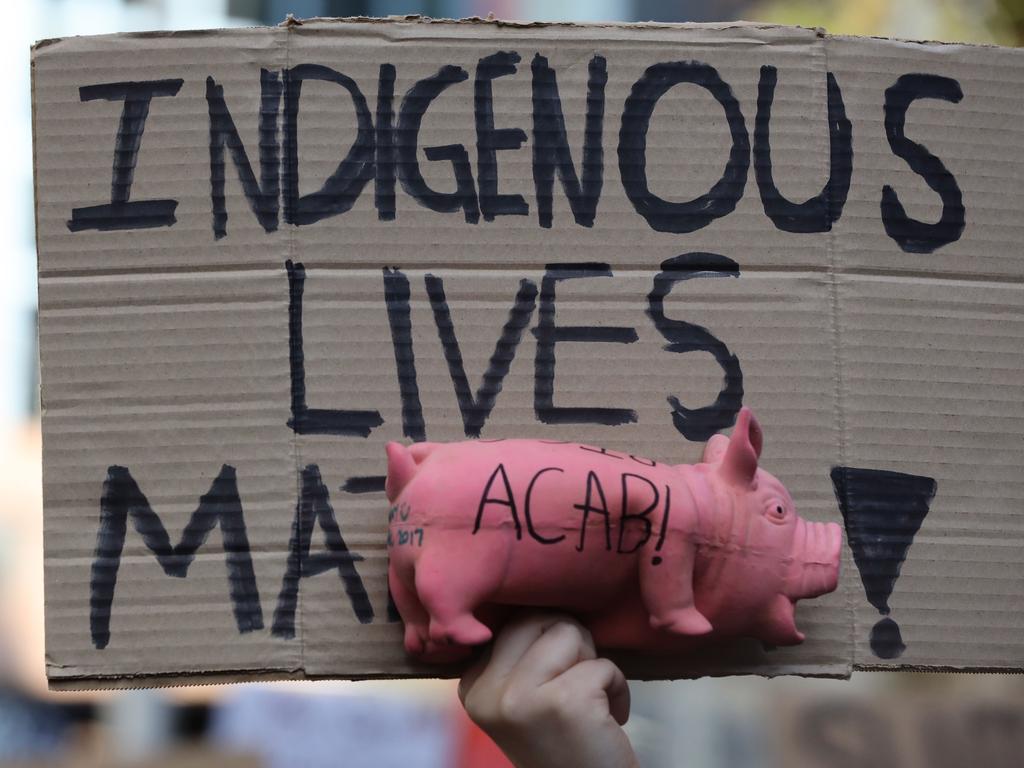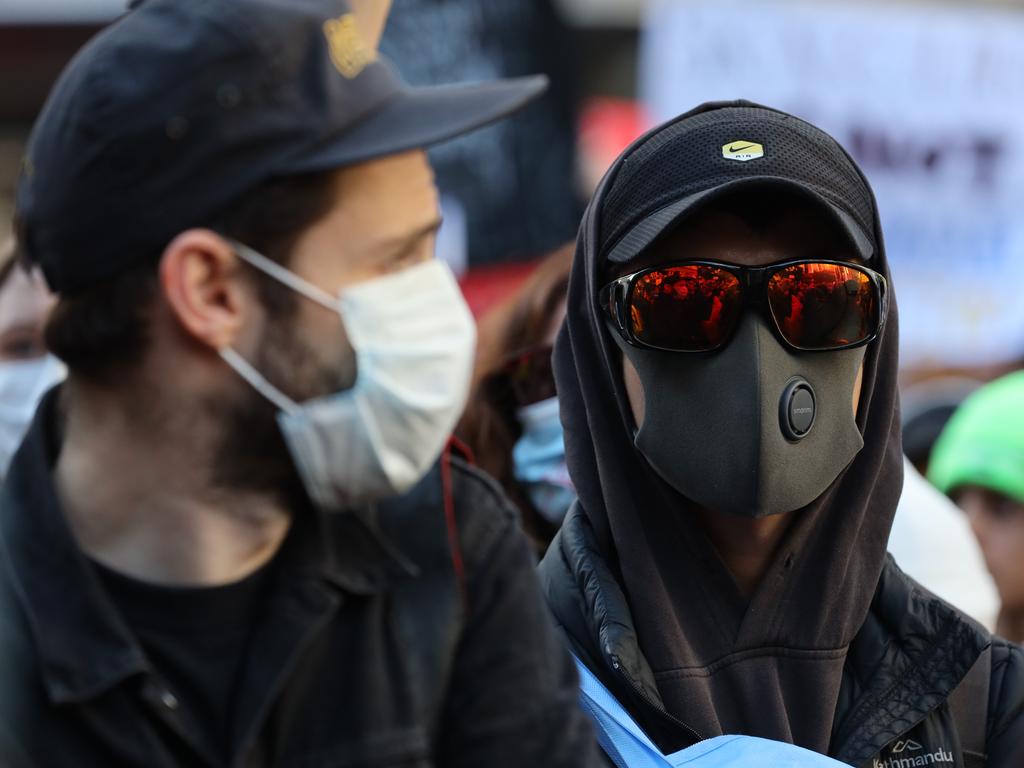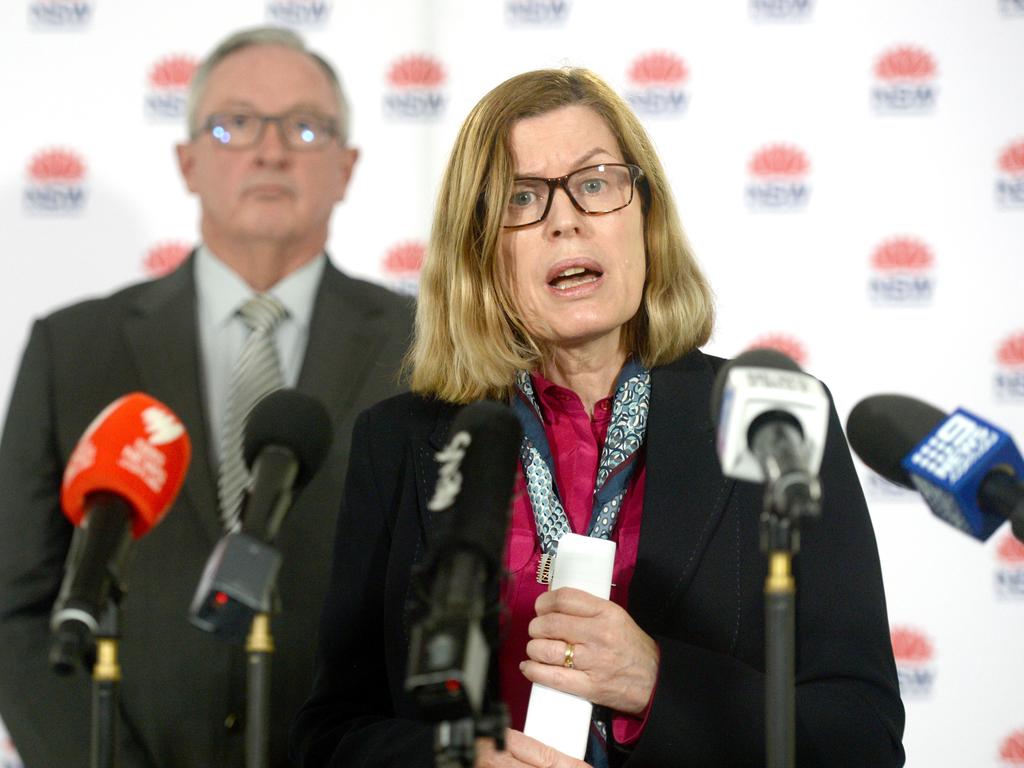Newcastle Black Lives Matter protest gets green light from Supreme Court
A Supreme Court justice has ruled a Black Lives Matter protest this weekend can go ahead, and ordered police pay costs to its organisers.
The NSW Supreme Court has given the green light for a Black Lives Matter protest to be held in Newcastle at the weekend, dashing a NSW Police attempt to outlaw the event.
Justice Christine Adamson refused an application from the NSW Police Commissioner to prohibit the event organised by Fighting In Solidarity Towards Treaties on the grounds it could allow the spread of COVID-19 among attendees.
Justice Adamson said due to time restraints she would publish her written reasons by noon on Sunday, an hour before the protest is set to begin.
Sunday’s rally, highlighting the impact of racism on Indigenous justice and health, is predicted to draw about 500 people to Newcastle’s Civic Park about 1pm, with speeches and a march to Pacific Park to follow.
Justice Adamson’s ruling means protesters will not fall foul of police as long as they adhere to public health and order laws. The police were also ordered to pay costs for the hearing.

After the ruling, organiser Taylah Gray said the court would be on “the right side of history”.
Newcastle-based NSW Police Assistant Commissioner Max Mitchell believed the event would create an “unacceptable and unnecessary risk” of spreading the disease among participants and attending police.
“We are in uncertain times with COVID-19, and that is the issue,” he told the court.
Commander Mitchell denied he had been under “political pressure” to oppose the event, stating he felt the “wider community” expected police to enforce health orders restricting public gatherings to 20 people.

He said the application was not made to give local police the “full suit of powers” including the discretion to move on and arrest protesters: “That would be the last outcome that I’d be seeking.”
Barrister Michael Spartalis for the police argued the application hinged on balancing “the right to protest on one hand and the weighing up of the public interest on the other”.
Felicity Graham, the barrister acting for Ms Gray, said the court authorising the event would give attendees immunity from public health orders preventing gatherings larger than 20 people and “low level offences” such as obstructing traffic.
Ms Graham said NSW Police’s attempt to prohibit this and previous protests amid the pandemic was an “entirely unsatisfactory state of affairs for a country that calls itself a democracy” while attending sporting events and dining in restaurants was allowed.

The organisers should have to abide by similar health protocols as a community sports club, she said.
Ms Gray, who had pledged the event would go ahead regardless of the outcome, said in court she could not know for certain how many people would attend the rally, and where they might come from.
She had spoken to local elders telling them the group was willing to “continue the fight” for Indigenous issues and respected vulnerable, elderly people wanting to stay home over health concerns.
“I hope they will be there in spirit,” she said.
NSW chief health officer Dr Kerry Chant was cross examined during the hearing on her affidavit stating that prohibiting the protest could help to mitigate the risk of community transmission.
Dr Chant drew attention to the “elevated levels” of community transmission being seen in Victoria and said states around the nation were “supporting the Victorian response”.

She told the court she “had empathy” for people supporting the cause of highlighting the over-incarceration and poorer health outcomes of Indigenous Australians.
But she said it was her role to provide health advice on the risks surrounding the event, although Dr Chant conceded the risk of community transmission was “low”.
The court heard there had not been a case of coronavirus with no known source diagnosed in the Hunter New England Health District, which includes Newcastle, for four weeks.
Dr Chant said NSW had not seen an “upswing” in cases of community transmission but she remained “vigilant of the evolving situation in Melbourne”.
Ms Graham contrasted the attempt to prohibit the protest to the NSW Government’s decision to allow the reopening of venues such as casinos, aquariums, strip clubs and brothels, which she said facilitated human interaction and “therefore a risk of community transmission”.

She also brought the court’s attention to the relaxation of coronavirus laws allowing hundreds or thousands of people to attend community and professional sporting events in the state.
Ms Gray said organisers had co-operated with police and submitted notice to hold a public assembly seven days prior to the event on June 24.
Attendees and organisers are urged to wear masks and adhere to social distancing rules, with marshals to enforce regulations while hand sanitiser will also be available.
Ms Gray said those who were sick were urged to stay home.




